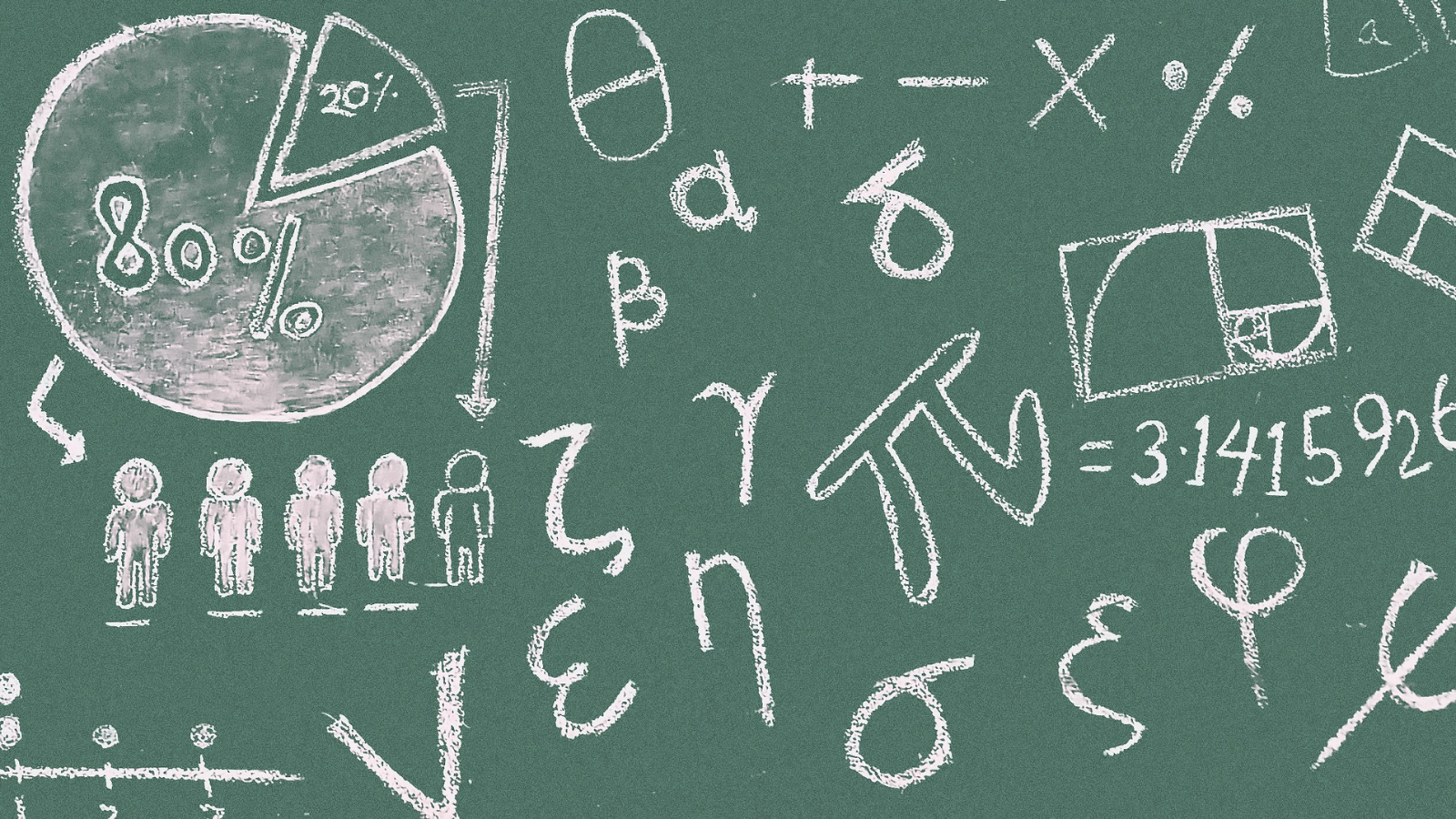Quantum computing has long been a topic of interest and excitement in the scientific community. With its ability to handle complex calculations and process massive amounts of data, it has the potential to revolutionize various fields, including cryptography, cybersecurity, and drug discovery. However, one question remains: can quantum computing help make a time traveling machine? In this article, we will explore the possibilities and limitations of quantum computing in relation to time travel, providing a comprehensive understanding of this intriguing concept.
Understanding Quantum Computing:
Before we dive into the topic of time travel, let’s first establish a basic understanding of quantum computing. Unlike classical computers that use binary digits (bits) to store and process information, quantum computers utilize quantum bits, or qubits. These qubits can exist in multiple states at the same time, thanks to a phenomenon known as superposition. Furthermore, quantum computers leverage another principle called entanglement, which enables qubits to be interconnected in such a way that the state of one qubit affects the state of the others.
1. Quantum Supremacy:
a. Quantum Speedup:
b. Complex Calculations:
c. Power of Parallelism:
Challenges in Achieving Time Travel:
Time travel, a concept often explored in science fiction, presents significant challenges when it comes to its realization. While quantum computing holds promise in various areas, the ability to create a time traveling machine is still hypothetical due to several reasons:
2. Theoretical Constraints:
a. The Grandfather Paradox:
b. Causality Violations:
c. Decoherence and Stability:
Quantum Computing and Time Travel:
While the direct application of quantum computing in building a time traveling machine is speculative, there are interesting theoretical connections between the two. These connections rely on the concept of closed timelike curves (CTCs), which are hypothetical paths that enable time travel within the framework of general relativity.
3. CTCs and Quantum Mechanics:
a. Entanglement and CTCs:
b. Retrocausal Quantum Mechanics:
Potential Implications and Future Directions:
While the practical realization of time travel through quantum computing remains elusive, studying the relationship between the two fields can offer valuable insights into fundamental physics and the nature of time itself. Researchers continue to explore the possibilities and limitations of quantum computing, pushing the boundaries of our current understanding.
Conclusion:
While quantum computing has revolutionized various industries, the prospect of using it to create a time traveling machine is still a distant dream. Theoretical constraints and challenges associated with time travel pose significant hurdles to overcome. Nonetheless, exploring the connections between quantum computing and time travel sheds light on the mysteries of the universe and paves the way for future discoveries.










Leave a Reply